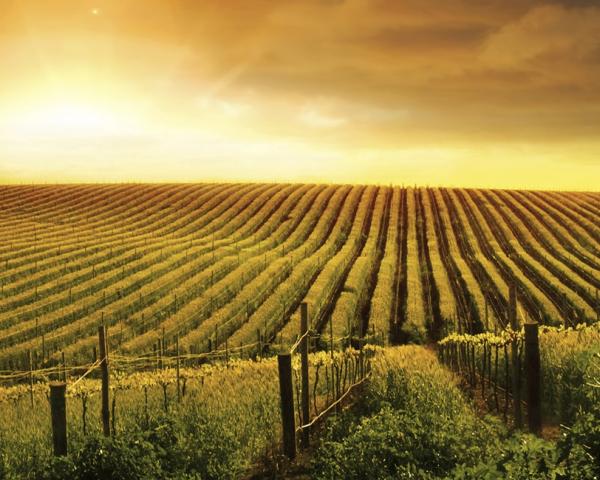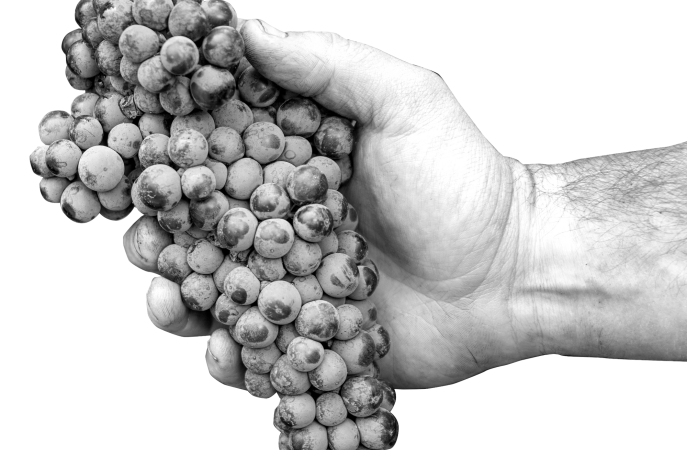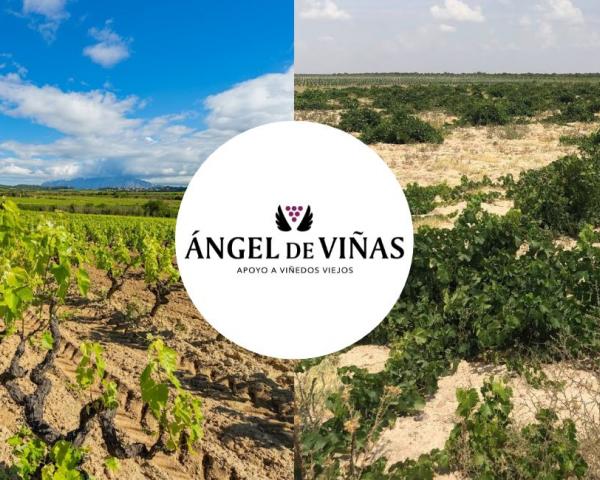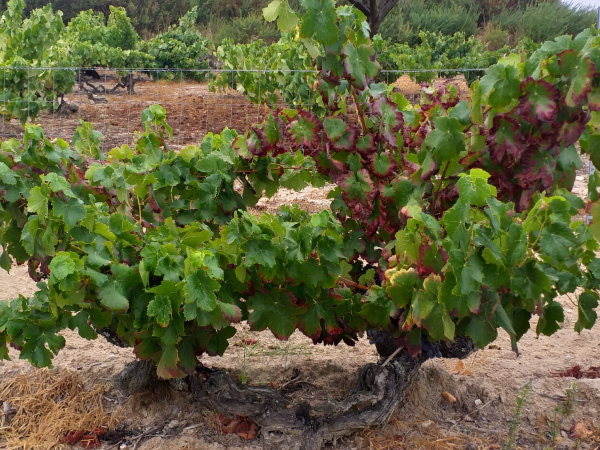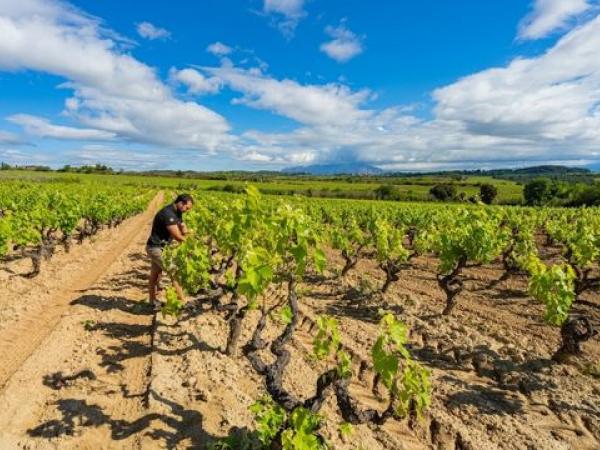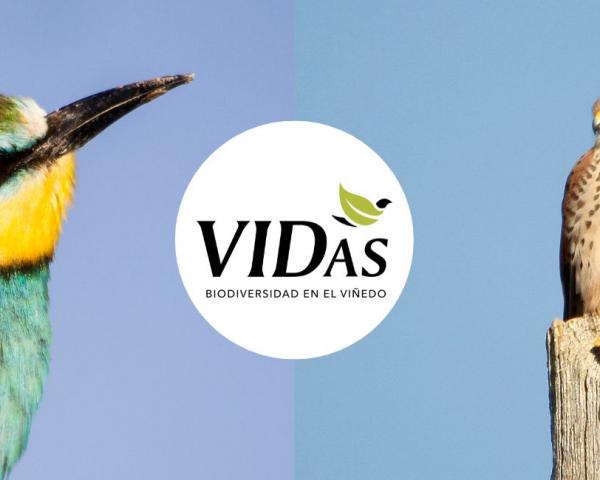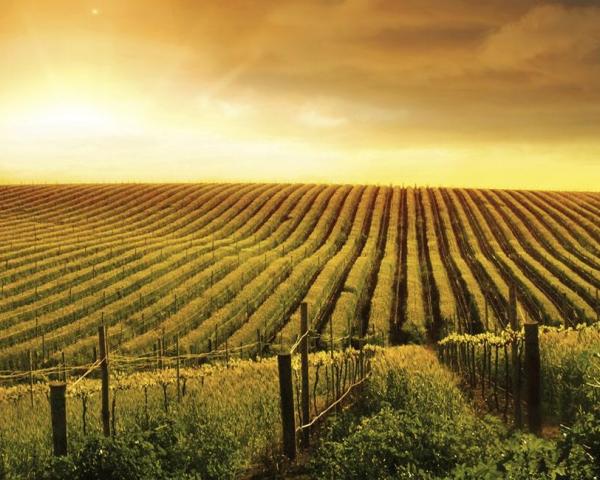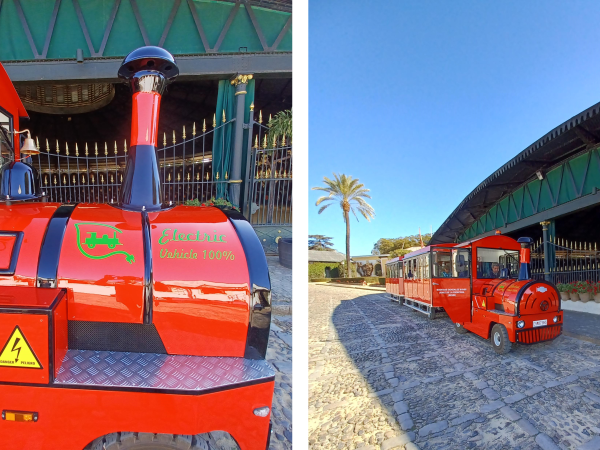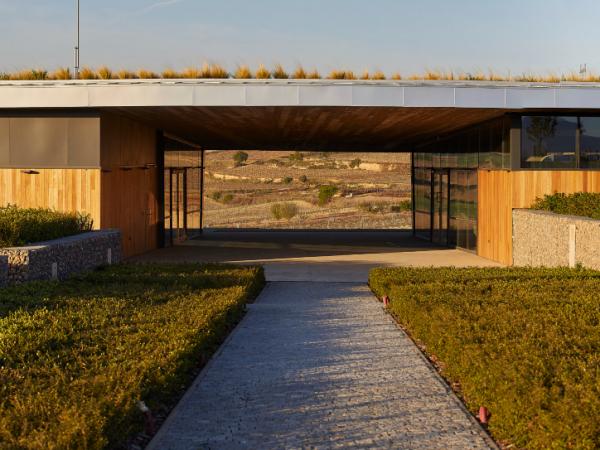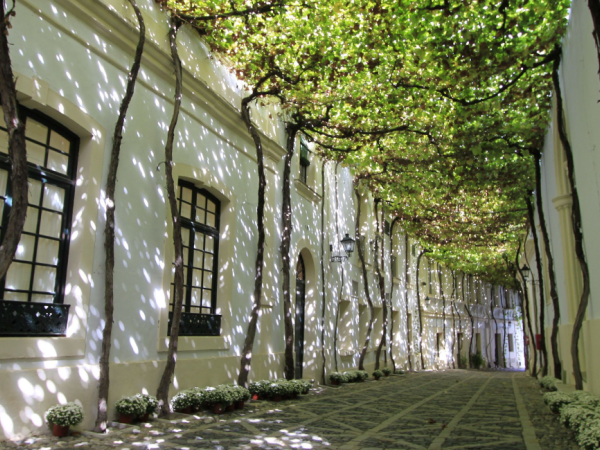A commitment to sustainable progress
Here at Gonzalez Byass we are clealy committed to sustainability. This commitment embraces all five generations of the family that has led the company to where it is today and the five generations that will continue this work. Action taken in the present with our sights firmly set on the future.
Five generations looking after the planet
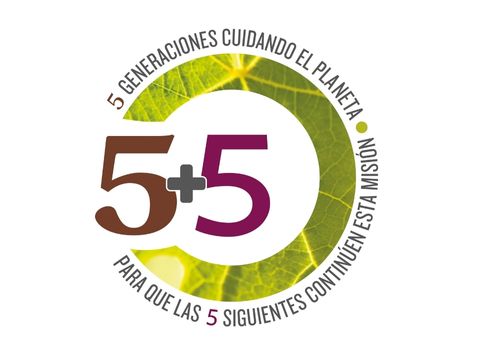
"5+5" stands for the five generations of the González family that steered the company through to the 21st century, all the while looking after the planet, and the five next generations that will carry on the mission, building on the work that has already been done. It is also an indicator of González Byass’ level of commitment to nature, based on sustainable practices in every one of the company’s areas of operation, always with an eye to the future and informed by a vision for the long term.
Taking care of the earth we cultivate.
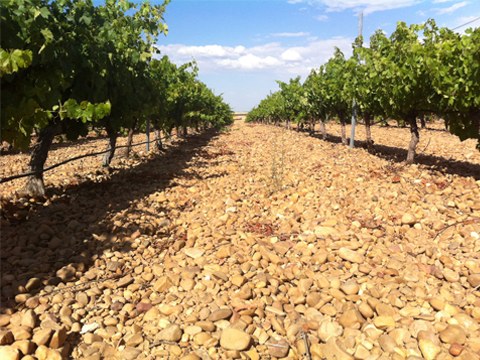
We have over 2000 hectares of vines under cultivation in nine wine-growing regions of Spain, Chile and Mexico, where we deploy sustainable agricultural techniques, endeavour to bring indigenous vines back into production and protect the fauna that live amongst the vines.
Taking care of the planet we inhabit and the air we breathe.
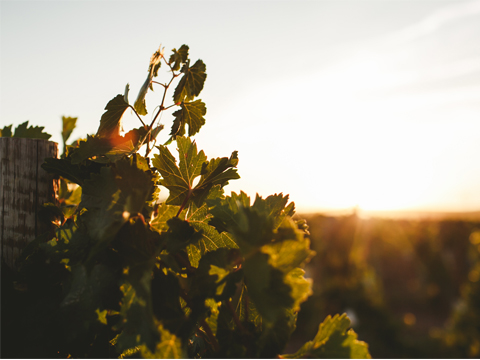
All of the electricity consumed in our wineries in Spain is drawn from renewable sources. We have installed photovoltaic arrays, solar thermal panels and biomass boilers to generate our own energy. At our Viñas del Vero winery we use green hydrogen and at the new Beronia winery in D.O.Ca. Rioja, we use gothermal and aerothermal systems to provide air conditioning and hot water. We have set up energy efficiency measures in all our work spaces to reduce the amount of energy we use.
Taking care of water or, should we say, life.
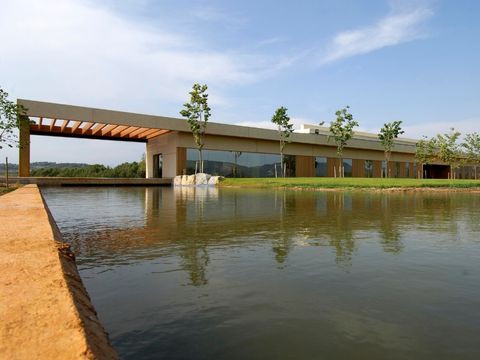
One of our aims is to save water, both in the vineyards and in the wineries. In the vineyards, we deploy irrigation techniques that use less water such as deficit irrigation, underground irrigation and satellite controlled irrigation. We collect rainwater that we then use for irrigation. In the winery we have closed water circuits which prevent water loss.
Striving to be more.

We are encouraging all of our suppliers to commit to being sustainable and every year we assess just how sustainable they are. We also work together to improve our environmental behaviour, for instance by reducing the weight of the glass bottles we use, only using recyclable packaging materials, substituting materials with more sustainable alternatives and buying cardboard boxes and wood sourced from certified forests.
Working to be better.
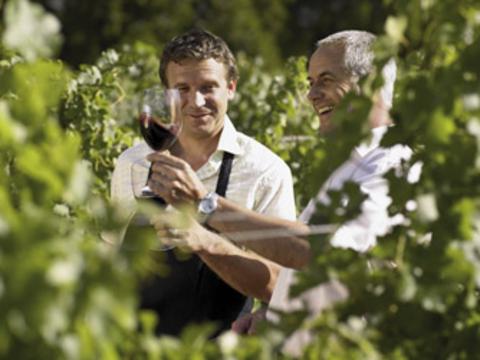
We endeavour to constantly improve our processes, staff and suroundings. In 1955 we founded the first private research centre in Spain dedicated to the pursuit of excellence. Our staff have a number of support initiatives available to them as well as a professional development plan based, amongst other things, on ongoing training.
Committed to the UN Global Compact.
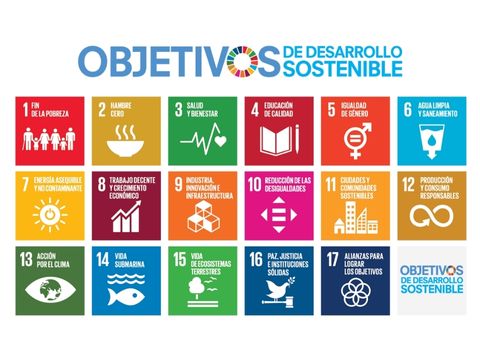
In 2020, we reasserted our commitment to sustainability by signing up to the United Nations Global Compact. Initially, we are giving priority to the following Sustainable Deveopment Goals (SDGs) identified by the Pact: quality education, decent work and economic growth, climate action and life on land.
Wineries for climate protection.
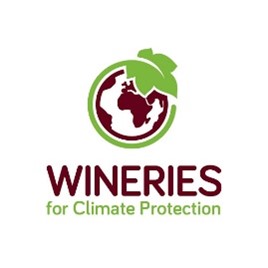
Four of our wineries have been awarded Wineries for Climate Protection certification. This is the first certification specific to the wine industry that targets issues relating to environmental sustainability and was developed by the Spanish Wine Federation (FEV). The certification aims to promote ongoing improvement and sustainability in wineries, based on taking action in four key areas: reducing greenhouse gas (GG) emissions, managing water, reducing waste and energy efficiency & renewable energy.
Ángel de Viñas
“Ángel de Viñas” (vineyard angel) is an initiative we launched to rescue, preserve and bring old vineyards in Spain back into production that were/are on the verge of extinction. These old vineyards are the guardians of centuries of culture and tradition, they are historic treasures of nature, are pivotal to safeguarding the biodiversity of the suroundings where the wines come from, wines that boast special features that in some cases are currently at risk of being lost.

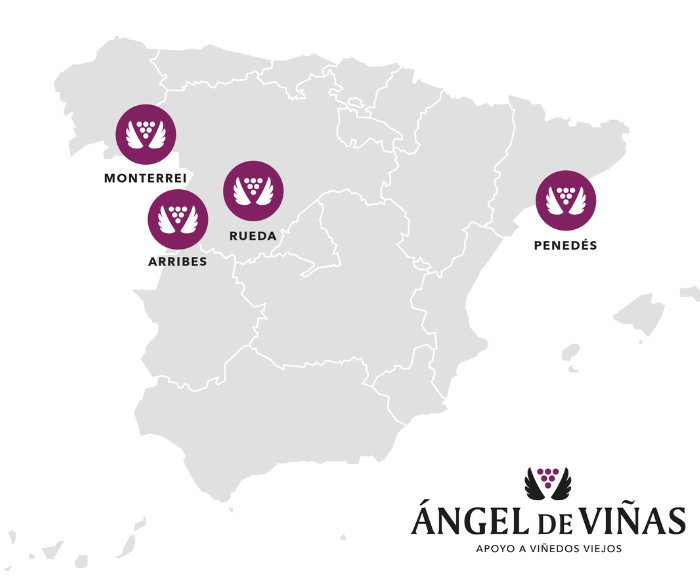
Ángel de Viñas
A vineyard in Arribes
González Byass is taking its Ángel de Viñas project to D.O. Arribes to help revive and preserve a vineyard in Pereña de la Ribera.
The vines in this 1.9-hectare vineyard are an average of 86 years old. The grapes grown here are primarily the Juan Garcia variety, with a small proportion of Tinto Jeromo. The soils are schist and quartz, the oldest types of soil in the Iberian Peninsula, and were formed even before the Pyrenees, so produce wines that display a distinctly mineral character.
The plot, which is tended by ...
View more
Ángel de Viñas
Angel de Viñas comes to Galicia
The third initiative being rolled out under the Ángel de Viñas umbrella is the revival of a vineyard in the municipality of Oimbra, (Orense) in the Monterrei Denomination of Origin. The vines in the 0.6-hectare vineyard are an average of 85 years old. The majority are grafted with the Doña Blanca grape variety, and a small percentage with Mouratón, a red variety.
The first vine was planted in 1935. Whist the vineyard is in an area that enjoys a mild climate with relatively high rainfall (more than 700mm/year), the soil is acid, which is very unusual. Taken together, these co...
View more
Ángel de Viñas
Two viñedos singulares at the heart of Espiells
The second strand to the “Ángel de Viñas” initiative aims to restore and preserve two vineyards in Xarel.lo and Macabeo located in Espiells, an historic wine-growing area of Alto Penedés. 40 and 50 years old respectively, they are located in a small rural enclave blessed with great natural and viticultural capital. Both plots, worked by several generations of a family of winegrowers from Espiells that has had links to Vilarnau for many years, are set to be the focus of our second venture to support old vineyards.
The first plot, planted with Xarel.lo grapes, covers 1.2 hectares. Orio...
View more
VIDas
VIDas (from ‘vid’, whch means ‘vine’ and ‘vidas’, lives’), encompasses all the environmental action we take to protect biodiversity in out vineyards. From placing nesting boxes in a number of our vineyards and creating adequate ecosystems to promote pollination by bees, to protecting woods and reforestation. Each species of flora ad fauna is unique and necessary to keeping our vineyards’ ecosystems alive.

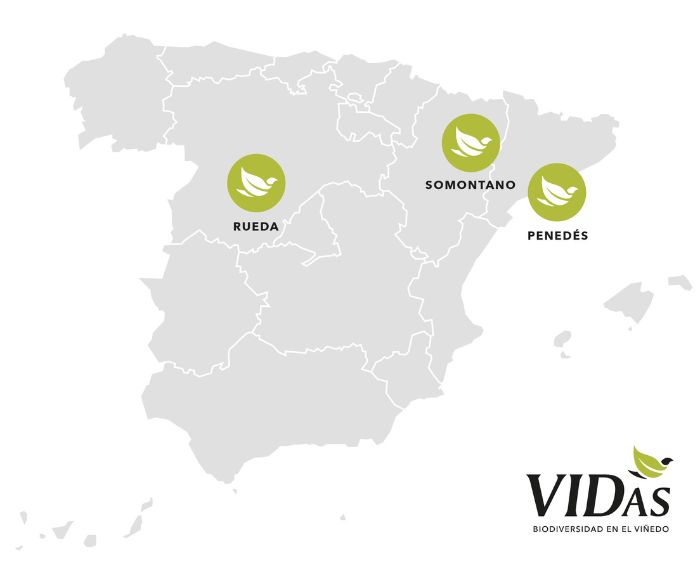
VIDas
VIDas at Beronia Rueda
Care for the environment has been a priorty at Beronia Rueda from the outset, starting with the winery’s design and construction. Some of the ideas that underpin the VIDas project at Beronia Rueda include the more than 2 hectares of protected woods at very centre of the winery, planned plantings of trees and shrubs around the winery and a scheme to encourage faunal life in the vineyard.
The project to encourage faunal life is being implemented in partnership with the GTEFA association and has been split into four parts:
The first consists of nesting boxes for diurnal and nocturna...
View more
VIDas
VIDas at Viñas del Vero
Tits, Brown owls, owls, swifts, bats, tawny owls, robin red breasts and great tits are just some of the species that have come, qute naturally, to inhabit the 50 nesting boxes we have placed in the areas surrounding the Viñas del Vero winery and vineyards.
Each has been designed to simulate the specie’s natural habitat as far as posible, to provide the birds with a comfortable home adapted to their needs, and will serve to increase the populations of the various bird species that had dwindled significantly in recent years because of the scarcity of old woods and trees. What this means is...
View more
Sustainability news
At Gonzalez Byass we have a clear commitment to sustainability. A commitment that spans the five generations of the family. An action in the present with an eye on the future.
Sustainability
A 100% electric tourist train to discover the magic of González Byass
González Byass moves towards a more sustainable wine tourism. It does so with the launch of a 100% electric tourist train that will emit zero CO2 emissions into the atmosphere while it makes its tour of these wineries founded in 1835. History and sustainability meet again in González Byass.
With a battery powered by an electric charger, whose energy comes from renewable sources, and a flat autonomy of 8 hours at full load, the new tourist train of González Byass will make the journey of visitors to these wineries, from all over the world, more respectful with the environment and reduce e...
View more
Sustainability
Beronia Rioja, the world's first winery to receive the Sustainable LEED V4
The 'US Green Building Council' has awarded the new Beronia Rioja winery the LEED V4 BD+C: NC (Building Design & Construction, New Construction) certification, making it the first winery in the world to obtain the most globally recognised sustainable construction certification. In addition, Bodegas Beronia received the LEED gold.
LEED is the 'Leadership in Energy and Environmental Design' green building certification programme and is used worldwide.
View more
Sustainability
Gonzalez Byass reduce 60% of direct CO2 emissions
We aren't shy about our commitment to embracing renewable energy and striving to find new ways in which to reduce our carbon footprint, so it is with great pride that we announce the reduction of more than half of our direct CO2 emissions within our Jerez wineries in less than a decade!
It was in 2013 that we first calculated our carbon footprint, and our 60% reduction since equates to 2,125 tonnes of CO2!
View more


